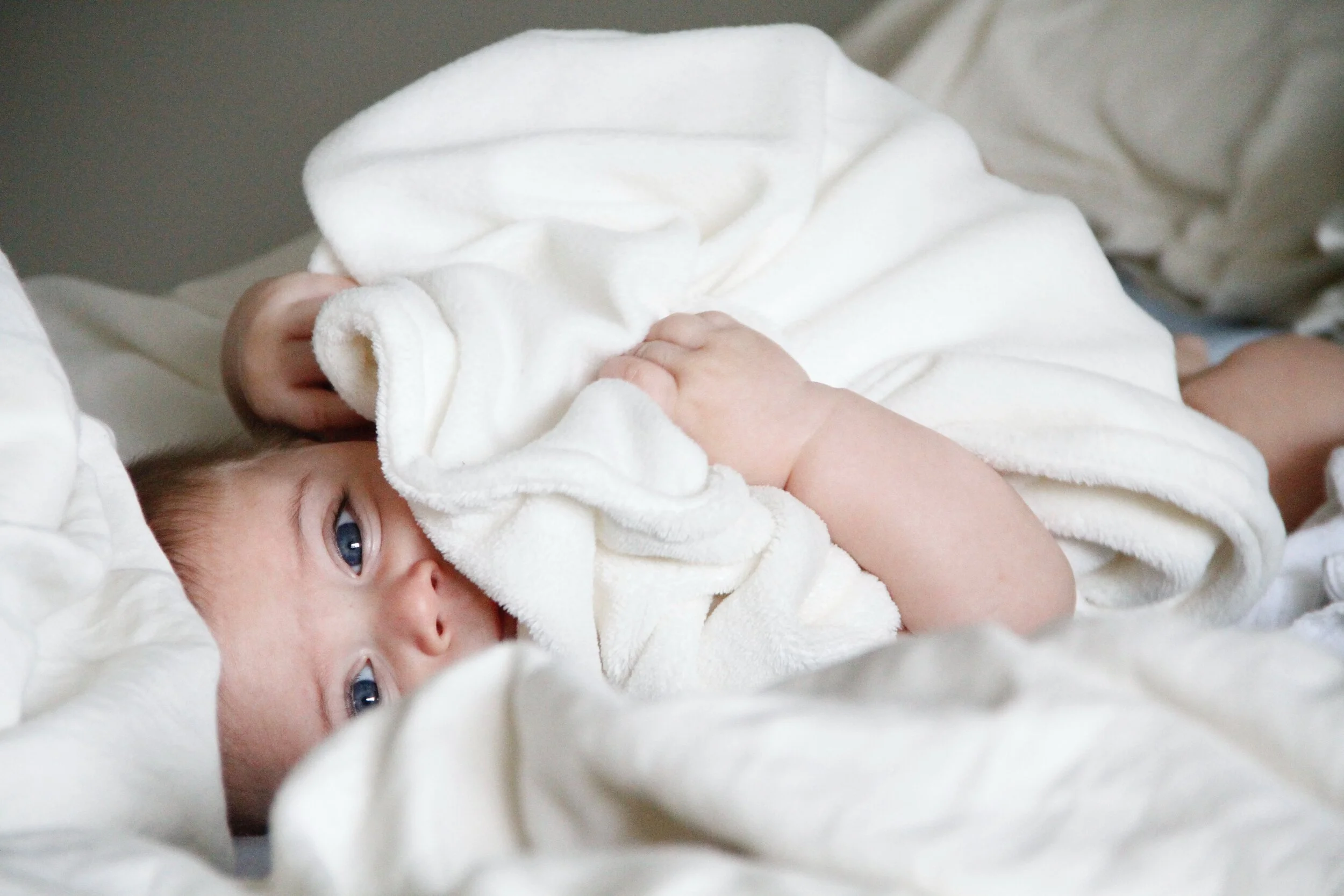A version of this ran in The Virginian-Pilot on Mar 22, 2013.
Get back to work. Yeah, you, over there, hunched at your computer with your sweaty brackets in your lap.
We know what you're doing. You're secretly watching college basketball. On company time. Worse, you probably placed a 2-buck bet on the NCAA tournament.
Don't you know it's degenerates like you who are destroying our economy? By the time today's hoops are over, American businesses will have lost $134 million in productivity due to basketball-addicted slackers.
Proud of yourself?
How do we know exactly how much this tournament costs the country? Heck, that figure has been everywhere on radio, TV and in the news. Last time I Googled "$134 million" and "NCAA," I got close to 14,000 hits. Publications from Time to the Denver Post to the Huffington Post have honking headlines like: "March Madness Watchers to Cost Businesses," "NCAA Will Cost Businesses $134 million" and "March Madness Equals $134 million in Lost Wages!"
They couldn't say it if it weren't true. Or could they?
Actually, the data about falling productivity and wasted wages is flimsy, bordering on bogus. It's compiled by a Chicago-based outfit called Challenger, Gray & Christmas Inc. No, that's not a polling company. Or a survey research group.
It's an "outplacement" firm - a business that's often part of separation packages to help laid-off workers find new jobs.
I don't know how good Challenger is at handling the freshly unemployed, but it's brilliant at ginning up publicity for itself.
The company simply pumps out a press release warning employers that their basketball-loving employees will cost them, and news outlets run with it.
This year's press release - "Nearly One-Third of Employees Spend 3 Hours or More Watching Hoops During Workday" - came out last week.
Trouble is, even Challenger, Gray & Christmas admits the study shouldn't be taken too seriously. Last year, one of the owners reportedly joked that its methodology "gives legitimate scientific studies a bad name."
"It's tongue-in-cheek," company spokesman James Pedderson admitted Thursday. "There's no real way to measure productivity when you have workers who aren't producing widgets."
In fact, employees who want to catch some roundball during the day often stay later or come in earlier to get their work done, Pedderson acknowledged.
"At the end of the day, March Madness will not even register as a blip in the overall economy.... Will March Madness even have an effect on a company's bottom line? Not at all," CEO John A. Challenger said.
Still, March Madness spoilsports adore this sort of news.
For instance, a website called Law.com not only warns employers to brace for low productivity during the tournament but also for the possibility of legal problems if employees wager a few bucks in office pools.
Please.
Say you innocently tossed $5 in the hat with your coworkers. Should you fear the handcuffs?
"No," Virginia Beach Commonwealth's Attorney Harvey Bryant said, laughing. "I'm not even sure it's illegal."
Bryant, who has prosecuted many gambling cases, said that prohibited gambling operations involve games of chance rather than skill. Because knowledge of college hoops should give tournament bettors an edge, March Madness wagers may not even be illegal in Virginia.
"But check with the police, see if they're going after office pools," he joked.
Not a chance, Chris Amos of the Norfolk Police Department said.
"We have bigger things to worry about," Virginia Beach Police Chief Jim Cervera said Thursday. "If we heard about some huge, ongoing gambling operation that included March Madness, we'd look into it.
"But office pools, where no one's taking a cut? Let's be realistic."
Let's be realistic. There's a winning idea.
